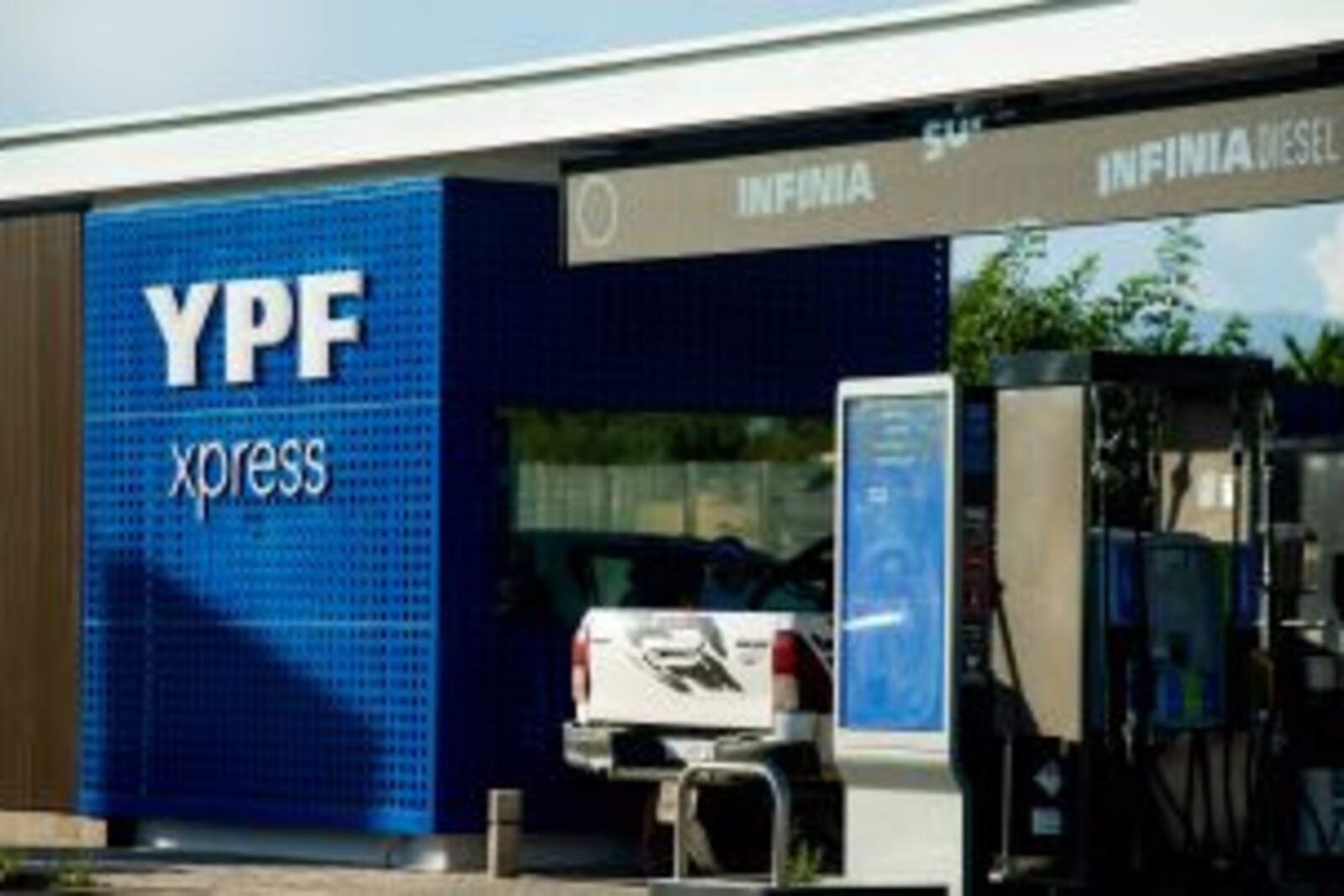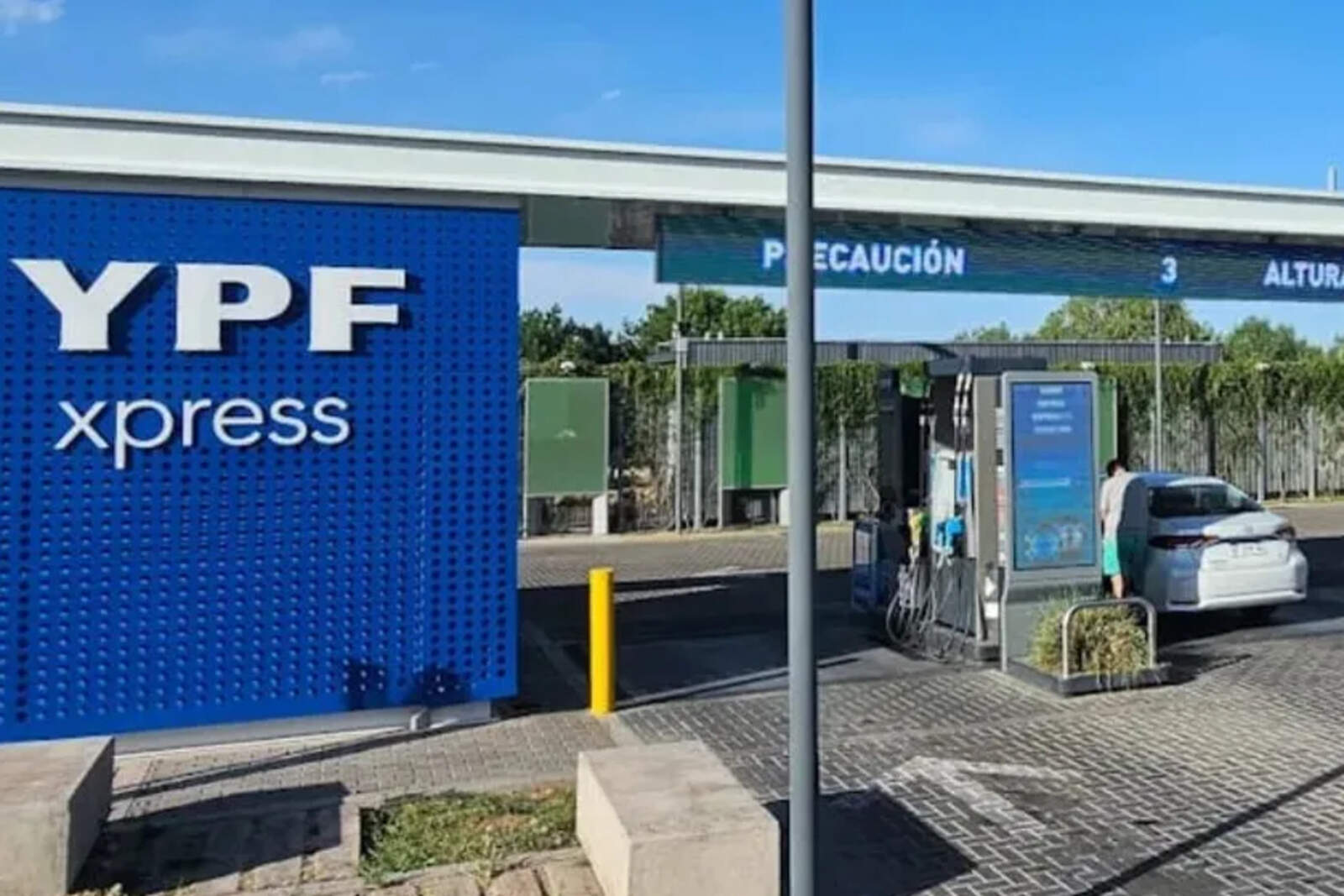In an unprecedented milestone for the Argentine energy industry , YPF announced the implementation of a micropricing system using artificial intelligence, which will allow fuel prices to be adjusted according to time slots and demand levels. This is a disruptive measure that combines technological efficiency with economic sense, in line with the modernization plan promoted by the government of Javier Milei, who celebrated the announcement as a decisive step toward a smarter and less bureaucratic state administration.
The project will be implemented starting June 24, with the inauguration of the first Real Time Intelligence Center (RTIC) in Spanish focused on retail sales, which will operate in the central tower of YPF in Puerto Madero. There, real-time data from more than 1,600 service stations that the company owns throughout the country will be processed, enabling instant decisions to optimize prices, logistics, stock, and consumer behavior.

"We're going to do things that are done in Europe", stated Horacio Marín, president of YPF, at the Maizar Congress, where he presented the project. "This goes beyond a simple monitoring room: it's a platform that allows value to be caused second by second and improves the company's profitability."
One of the central pillars of the system will be the dynamic adjustment of gasoline prices according to the time of day. During periods of low demand, such as early morning, prices will be lower to encourage consumption without increasing operating costs. For example, discounts are planned for fuel purchases at 3 a.m., when attendance is minimal but fixed costs remain constant.
In addition, a self-service system will be implemented at the stations, allowing users to refuel without staff intervention, which reduces operating costs and gives customers greater autonomy. "We want to make money in everything we do", summarized Marín when explaining the business logic of the new scheme.









